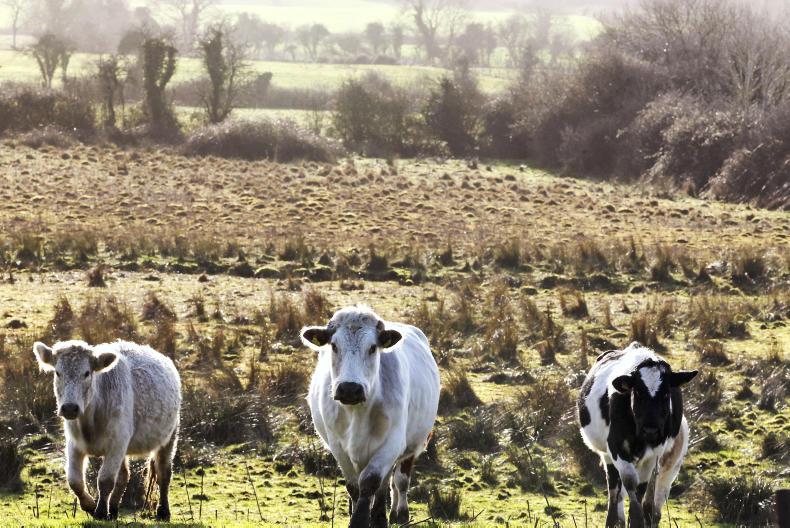Stock Purchase for ANC: Farmers who summer graze stock and wish to obtain the ANC payment need to have stock purchased before the end of May. There is a seven-month retention period on stock to meet the criteria for the ANC payment. If you purchase stock in May, you will need to hold on to them until 1 January 2020. The minimum stocking rate for those seven months is 0.3 LU/ha. An animal over six months of age and below 2 years of age is counted as 0.6LU and an animal over two years old is counted as 1 LU. For example, if you have 15ha and you purchase cattle in May and keep them until 1 January 2020, you will need to purchase eight weanlings/store cattle or five animals over two years old to meet the criteria. If you have stock for the full 12 months of 2020, then the average stocking rate for the year needs to be 0.15 LU/ha. Contact your agricultural adviser if in doubt.
BPS Deadline Reminder: Make sure to give your BPS application the time it deserves. With the application deadline of next Wednesday 15 May fast approaching, you need to sit down and make sure all details are correct on the form and the maps. If changes are required, make an appointment with your adviser and outline the changes to them on the map and the form. All BPS applications need to be completed online. This means you must register for online services in advance of the BPS application or contact your adviser to see if they can submit it on your behalf. Don’t leave it until the last minute.
Red water: I have heard of cases of red water over the past week on wetter-type farms. The risk period is highest during the summer when the ticks are most active but it can occur anytime, so it is important to be vigilant for signs of this disease.
Wet weather conditions mean animals look for shelter in rougher areas of a farm and pick up ticks easily. Bought-in cattle are more prone to red water because these cattle may not have built up immunity as younger cattle on the farm they have come from.
Ticks are more likely to be present in land with scrub, rushes and gorse as these are ideal habitats for ticks. Use homebred stock to graze these areas if you can. Herd stock regularly and look out for symptoms such as red urine, dullness or no appetite, high temperatures, weakness, anaemia and animals standing away from the herd. Veterinary advice should be sought in suspected cases.
Animals can be injected with Imizol to prevent and treat red water. Animals grazing rough areas of the farm should also be treated with an avermectin-based pour-on to help control ticks.
Beef Summit: The Irish Farmers Journal Beef Summit takes place at 7pm this evening (Thursday) in the Shearwater Hotel, Ballinasloe, Co Galway. With over 1,300 farmers registered, it is important to arrive early and bring either a printed ticket or a copy of the email on your phone to gain entry.






 This is a subscriber-only article
This is a subscriber-only article










SHARING OPTIONS: